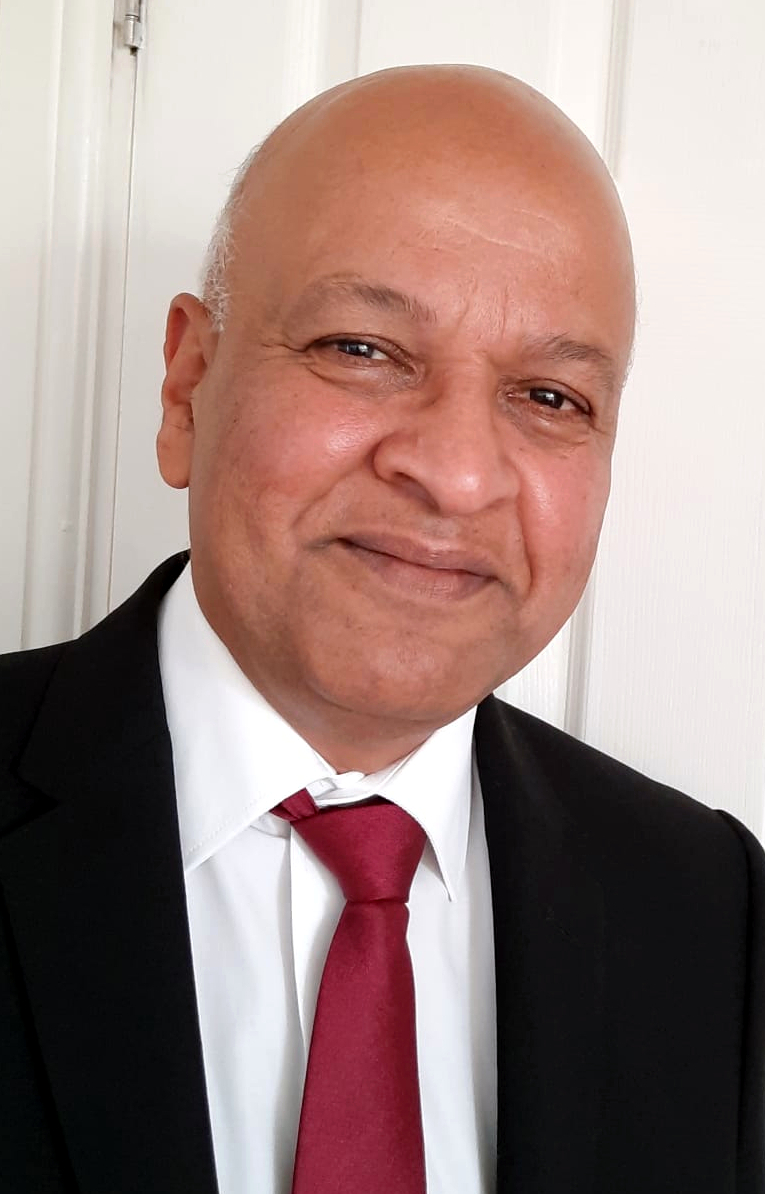Goans react to latest findings by research group Sapien Labs on mental well-being across world
PANAJI
Goans have been migrating to the UK, Australia, and Ireland in large numbers for better job opportunities and for a brighter future.
But a latest survey by the research group Sapien Labs has revealed that these three countries feature in the top 10 list with the most unhappy and miserable people in the world.
Sapien Labs had collected data from over 500,000 respondents across 71 countries in 2023, as part of its annual ‘Mental State of the World Report’, an annual report of the Global Mind Project, to provide trends and insights on the mental well-being of populations around the globe.
The report assessed mental well-being trends across six dimensions, comprising social self, mood and outlook, adaptability and resilience, drive and motivation, cognition and mind-body connection.
UK ranked the second-worst country for mental well-being on the Mental Health Quotient (MHQ) scale, while Australia was placed 6th and Ireland was 8th on the list. A significant 35% of Britons reported feeling “distressed”. Incidentally, all three countries even fared worse than India, which was placed 11th on that list. According to the report, countries like Sri Lanka and Tanzania had the best average MHQ scores in the world.
Goans who have stayed in these countries were asked to comment on the survey by Sapien Labs.
While there is a genuine high number of people suffering from all sorts of mental illnesses, claiming mental sickness has become quite fashionable and is exploited by some, especially after the Covid lockdowns. Looking specifically at this cohort who exploits the situation, receiving support, including financial benefits, allows them to stay at home instead of going to work.
 But I do not blame people. Our welfare system is in a mess. We have learnt to reward those who stay at home, and this induces further mental stress. Obtaining a sick note isn't very difficult. It is just a phone call away from your local doctor, and it is given without any assessment.
But I do not blame people. Our welfare system is in a mess. We have learnt to reward those who stay at home, and this induces further mental stress. Obtaining a sick note isn't very difficult. It is just a phone call away from your local doctor, and it is given without any assessment.
Having said that, a greater emphasis is now placed on mental well-being, which is good. A lot of effort is also placed on preventative measures. But the measures also rely on people doing their bit.
Having the lowest happiness individuals is easy to understand. We can track these issues in the UK. Does one just sit at home and wait for happiness to be showered upon them?
What is it that they are unhappy about would be the question. Work? No work? Their bills? The government? It is such a vast subject. I wonder what the questions put forward in that survey were.
In comparison to 30 years ago when I first arrived in the UK, life today is not what it used to be. Overall, the quality of life in the UK is in decline.
- CHRIS DA CRUZ
LONDON
 The focus on materialistic possessions, hunger for achieving higher (read expensive) lifestyles, thirst for power, maintaining one’s status, the need to earn more, the lack of human interaction (societal), climatic conditions, etc., all of which adds to decreasing mental wellness of the population of such countries (read developed nations).
The focus on materialistic possessions, hunger for achieving higher (read expensive) lifestyles, thirst for power, maintaining one’s status, the need to earn more, the lack of human interaction (societal), climatic conditions, etc., all of which adds to decreasing mental wellness of the population of such countries (read developed nations).
I realised that cold weather causes many to feel depressed and is at times the cause for unhappiness especially for those who may have moved to these countries from warmer climes.
It was interesting to read about Australia (I have experienced how people behave in places like Sydney, Perth and Melbourne, the three places I travelled to) and Tanzania, having lived in Arusha for a couple of years.
- MARIA GOMES FERNANDES
MUMBAI
This report is very surprising to me. While Australia may not be one of the top places on the planet, there is nothing I have come across to suggest anything close.
Furthermore, having met people from places like Sri Lanka and heard their woes over there, I wonder how they make it to the top.
Sapiens Labs seems to have some deficiencies in the way they might have sampled the population.
But assuming their data is right, it is quite possible that heightened awareness of self and the world at large can bring the stark realities of life into focus. On the other hand, in developing countries where people are pre-occupied trying to come up in life or dealing with enemies real or imagined, they may be able to not be too concerned with realities around.
- BLAISE FERNANDES
ADELAIDE
We had two recessions since the pandemic broke out and with the cost of living rising along with rent and energy prices soaring, people worked very hard to make ends meet. To add to this, the lack of trust on politicians was not helping to boost the morale of people in the UK.
 Perhaps, all that moaning about the weather, trains, strikes, the NHS, the government, the telly, and the hole in the socks takes a toll on a person. Who would have thought all this adds to mental well-being and put us second on the Sapien Labs distressed list.
Perhaps, all that moaning about the weather, trains, strikes, the NHS, the government, the telly, and the hole in the socks takes a toll on a person. Who would have thought all this adds to mental well-being and put us second on the Sapien Labs distressed list.
People of developed countries have high expectation, power and justice whereas developing countries have not much rights and freedom to fend for themselves, so they don’t expect too much and are happy just the way life is. If developed countries can’t achieve their goals, it brings on depression and mental health issues. We all want to better ourselves in life, but it can sometimes be far-fetched. Being a British Citizen living in the UK, I always try to raise my bar, but sometimes it’s not always possible to get what I want which can lead to being let-down and feeling low.
We in the UK are generally happy, but recent setbacks of the pandemic and the rising cost of living has put a toll on people’s lives which proved in the Sapien Labs survey that we are the second most distressed country in the world.
Developing countries are happy to settle for fewer luxuries in life and don’t set their bar too high in comparison to developed countries. They are better in adapting to problems and challenges coming their way than developed countries. They are happy to earn their daily bread while their countries make progress to improve their lifestyle, while developed countries expect much more. I don’t mean everybody, but majority would investigate that direction. It’s nobody’s fault as that’s how society is in today’s world. Society in developed countries makes you very vulnerable with high expectations, leading to lower mental well-being.
Things will get better as our economy improves slowly but surely. I hope every person who has had it hard in the last few years pick up the pieces and live happily away from stress. Let’s think positive and believe that nothing lasts forever, and better days are ahead of us. Let’s cheer up and learn a lesson from developing countries to live happy and away from stress.
- BELLA FERNANDES
LONDON
As I was planning to comment on the report of Sapien Labs, a report in another global survey stated, “Australia makes Top 10 Happiest Countries in the world”.
 Like every other Australian or a Goan living in Australia, I am happy with that title, but a few weeks back the 4th Annual Mental State of the World Report by Sapien Labs placed Australians as the sixth most miserable people in the world. This is quite a contrast.
Like every other Australian or a Goan living in Australia, I am happy with that title, but a few weeks back the 4th Annual Mental State of the World Report by Sapien Labs placed Australians as the sixth most miserable people in the world. This is quite a contrast.
I believe it's fine for me when I try to balance work and my social life, I don’t have to look out for happiness if I believe that I am happy in life, but somewhere down the line I think generally we are losing touch with the "important things in life". Whether this is family, time to ourselves, necessities for survival (shelter, food, water, accessible health care).
We often look past the positives in life and are instead driven by the negatives. Wishing for a bigger house, more money, etc. all things which bring short-term and not long-term enrichment. Social media has also created a divide in our society and potentially contributed to this problem.
There are a lot of lonely people out there, lacking human connection and substituting this with superficial interactions. It is easy to end up feeling isolated, miserable when there is a lack of authenticity and support of each other.
I agree that individuals who have witnessed and faced challenges in developing countries have more insight and resilience in a way that someone who hasn’t been exposed to the same thing. Thus, they are unable to deal with the same issues without almost breaking down. Developed nations have different focuses rather than survival and in a way do demand more, mostly to do with money than essentials.
- FRANKEY FERNANDES
MELBOURNE